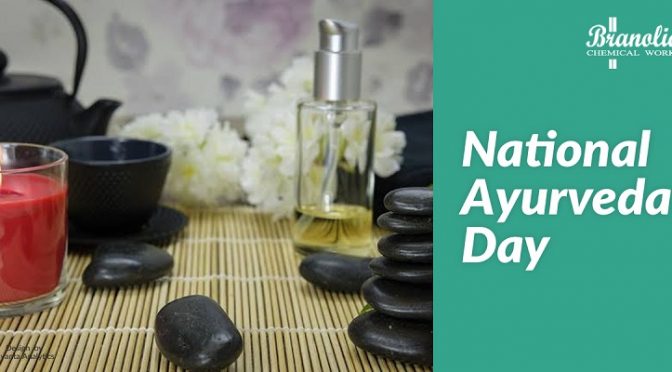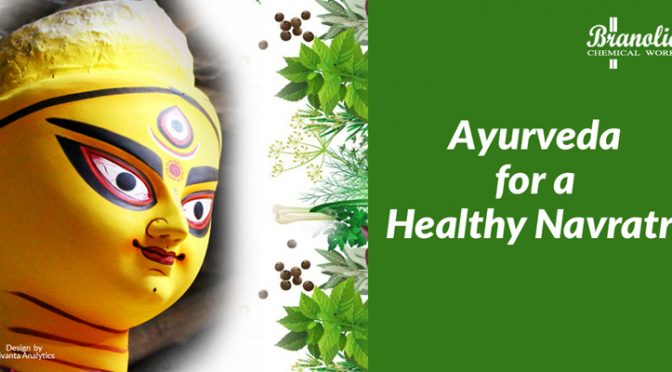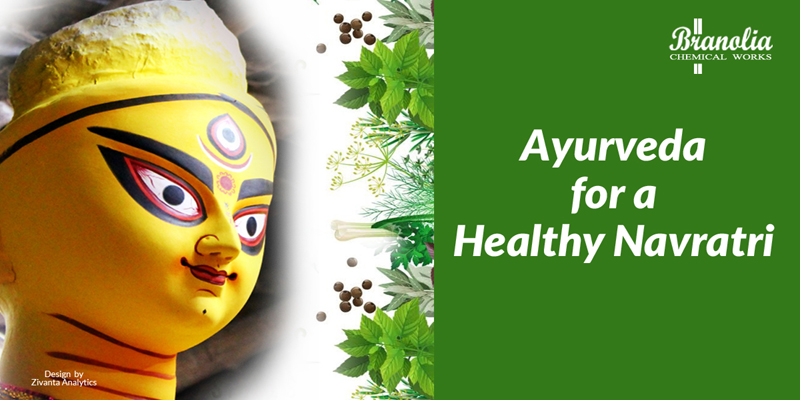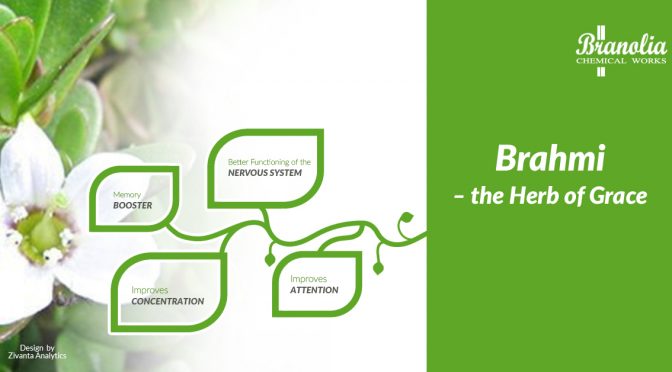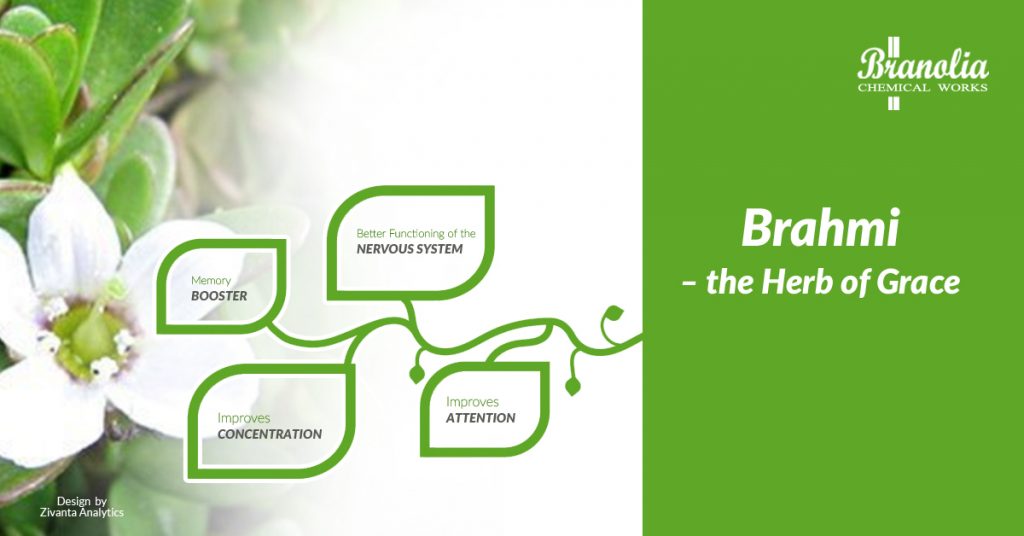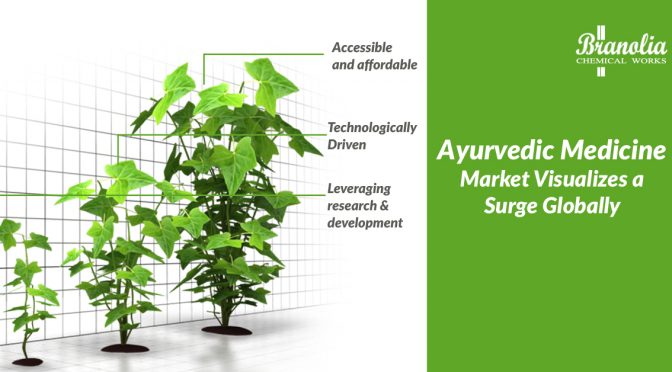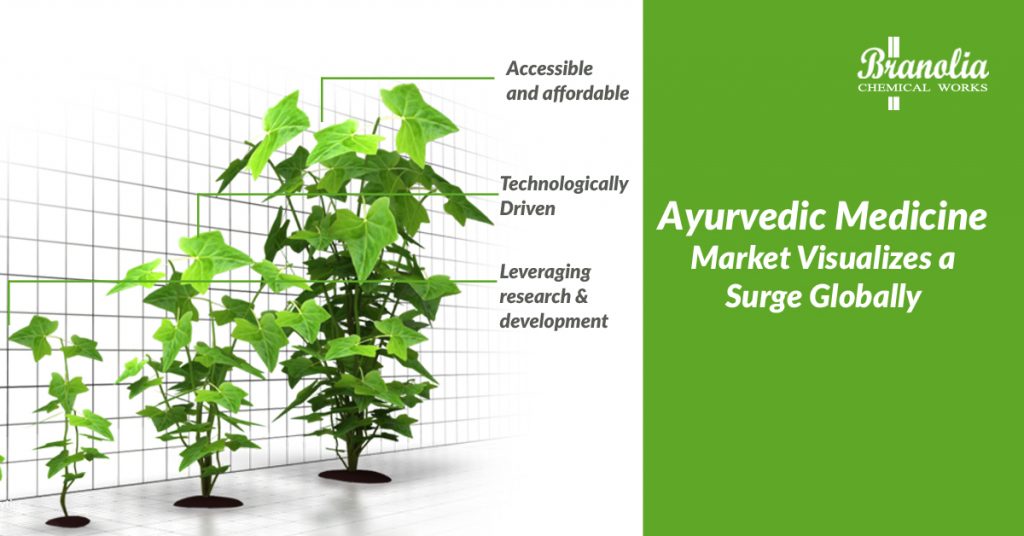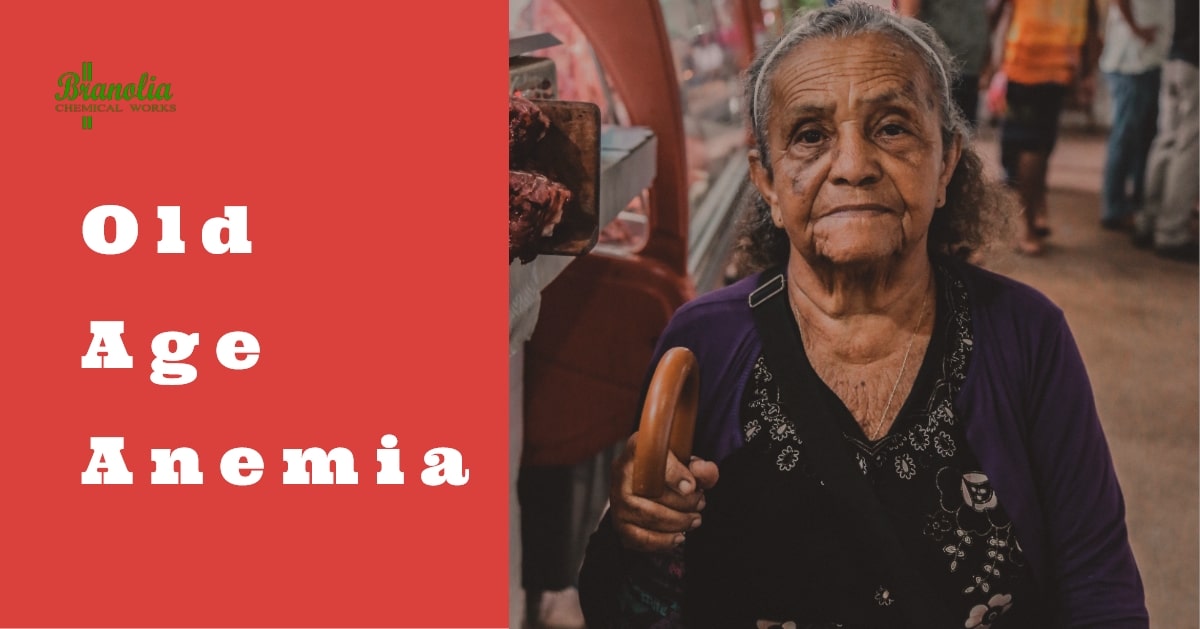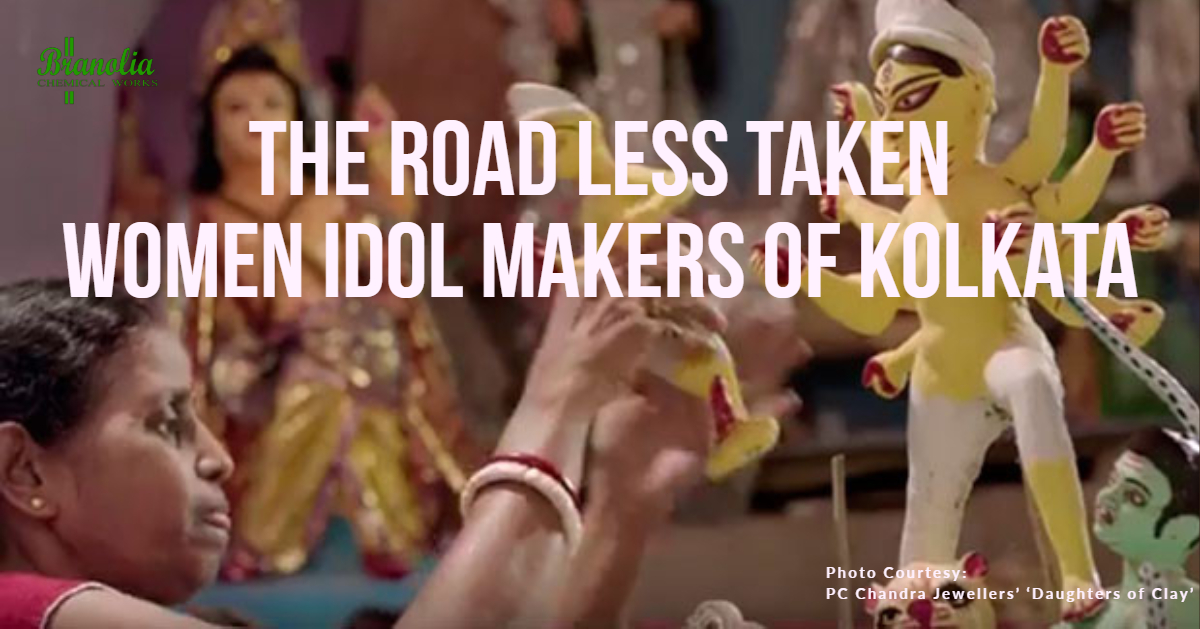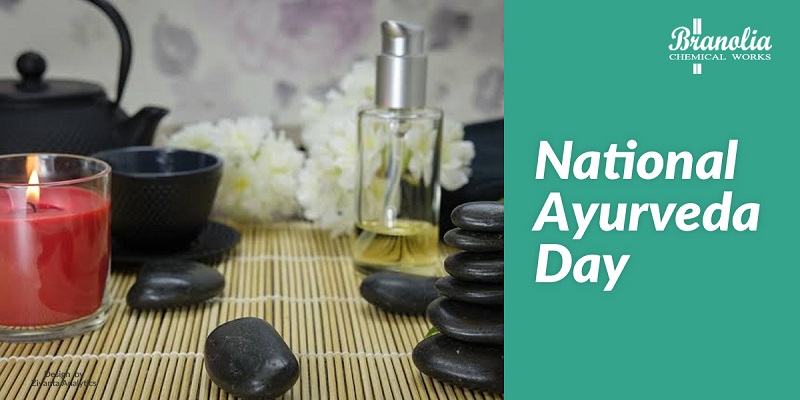
It becomes a norm for every quintessential Indian to get tied to the phenomenal festivities offered by our culture, be it a small scale celebration or a festival celebrated with majesty. The dedication to participate in many festivities thrives on the heart of every Indian. The receding celebrations of Navratri, make way for the modest advances of the next session of festivities in a row, Dhanteras, Diwali and Bhai Dooj. Dhanteras assumed to be “the day of wealth” to be concise in one word, symbolizes abundance and replenishment of wealth in everyone’s lives. Another myth supporting the origin of this day is that as told in the Puranas ,Lord Dhanvantari, the God Of Ayurveda, had emerged from a Samudra Manthan and he held a Kalash of Amrit in one hand and the sacred text of Ayurveda in the other. This year( 2019) Dhanteras was held on the 25th of October. However, this calendar date also strikes a chord with us reminding that the Ministry of AYUSH, was commenced on the 9th of November, 2014. This Ministry was known as the Department of Indian System of Medicine and Homeopathy(ISM&H) and it had been formed in March 1995. Years later, it was renamed as AYUSH, the abbreviation for Ayurveda, Yoga, and Naturopathy, Unani, Siddha, and Homoeopathy, in November 2003. It specifically focused on broadening the scope of education and research in Ayurveda, Yoga, and Naturotherapy, Unani, Siddha, and Homeopathy. Over the years, the Ministry has encouraged the favourable development and propagation of the AYUSH techniques in the current health care systems.
The Ministry of AYUSH had come forward with the decision on celebrating the National Ayurveda Day every year,on the same day which is observed as Dhanteras. This year the Ministry of AYUSH conducted the Fourth Ayurveda Day at Jaipur while the National Institute of Ayurveda (NIA) were the ones who hosted the event. The NIA held both the Dhanvantari Pujan and National Dhanwantari Ayurveda Awards-2019 which were two events on the National Ayurveda Day. Shri Om Birla, Speaker in the Lok Sabha graced the event as the Chief Guest while Shri Shiprad Yesson Naik, the Union Minister of AYUSH participated in the event. The event also observed 25 delegates of Mekong-Ganga Cooperation (MGC) who were active participants of the subsequent events on the 4th Ayurveda Day. Ayurveda, the ancient healing system which dates back to thousand years, originated in India. It has been rendered as one of the most meticulous and well-documented systems of medicines. Modern India inculcates the Ayurvedic way of living even to this day. Ayurveda aims at preventing diseases and promote a healthy state of living. The primary objectives of National Ayurveda Day are:
- Endeavouring to propagate Ayurveda into the mainstream
- To concentrate on the strengths and unique principles offered by Ayurveda
- Utilizing Ayurveda’s potentials as a cornerstone of reducing diseases and related morbidity and mortality.
- Exploration of Ayurveda’s potential, which plays an instrumental role in shaping national health policy and National Health programs.
- To create awareness amongst the young generation and to propagate Ayurvedic principles of healing within the society, in modern India.
The well-reputed Branolia Chemical Works has always upheld the principles of Ayurveda, over such a vast expanse of time and it still continues to do so. Ayurveda can always be addressed as a medical benefactor who has dissipated the arduous health miseries from the lives of people. Branolia Chemical Works has embraced the authenticities of Ayurveda through its products. Each of the products of Branolia Chemical Works, namely, Branolia, Branolia’s Kulerron, Branolia’s Honey Guard, Bitocough, Bellytone, and Livonia have alleviated people from their adverse health conditions and will continue to do so many more years down the line.

